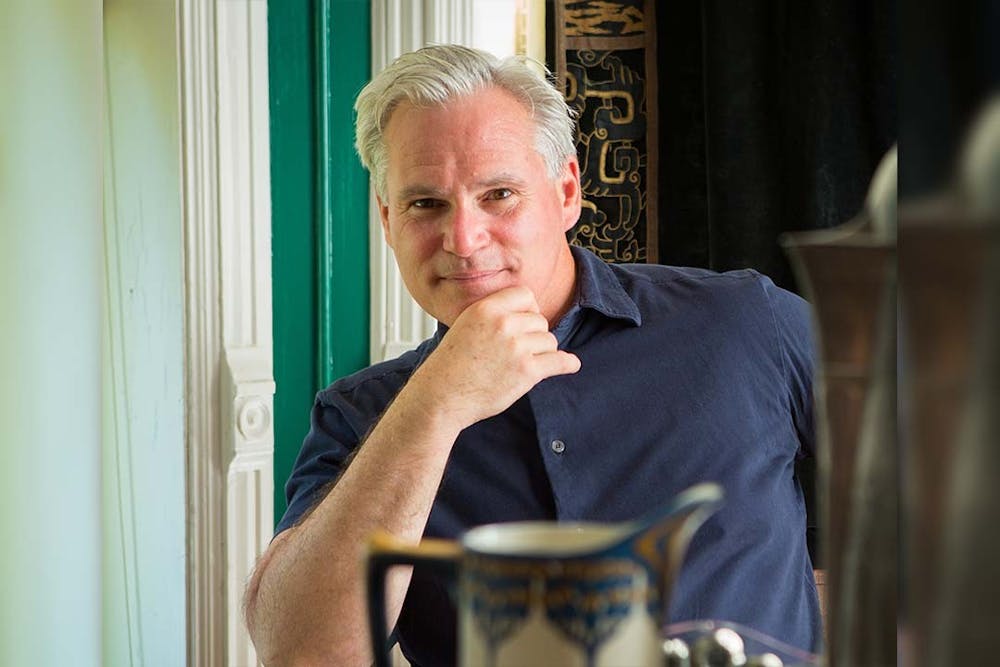Penn professor Jonathan D. Katz has launched the world’s first graduate queer art history fellowship.
The James D. McDonough Fellowship in Queer Art History was spearheaded by Katz, an associate professor of practice in the History of Art department. Prior to his work at Penn, Katz started queer art history programs at the City College of San Francisco, the State University of New York at Stony Brook, and Yale.
The McDonough fellowship has been projected to run for the next five years with funding from the Alphawood Foundation Chicago. It provides support for one additional master's and Ph.D. student to study Queer Studies at Penn, allowing them to add a concentration in queer art history, and covers full tuition and living expenses for five years — along with funding for a paid summer internship and costs of travel to conferences.
Penn’s Department of History of Art houses a variety of faculty members with expertise in South Asian Studies, Film Studies, and Archaeology, along with History of Art. The fellowship is important, Katz told Penn Today, because while graduate students interested in studying queer studies today are supported by a well-founded curriculum, they still face a lack of dedicated funding.
According to Emma Jacobs, a Ph.D. candidate and fellow at Penn, Katz is a leader in the field who has begun to think about the legacy and future of the movement.
“He’s one of the leading scholars of queer art history in the world,” Jacobs told Penn Today, mentioning how Katz was a defining figure who initially drew her to the fellowship program.
In addition to his academic work, Katz has served as a museum curator. His 2010 exhibition “Hide/Seek: Difference and Desire in American Portraiture,” at the National Portrait Gallery focused on the fluidity of sexuality and gender in modern American portraiture.
This year’s fellowship cohort is studying a wide range of topics related to queer art history, according to Penn Today. Jacobs is examining the intersection of feminism and queer theory with art history. Nina Hofkosh-Hulbert, an M.A. student, is studying art history during the medieval period, specifically thinking about how events from the past have been translated to advocate for different agendas today.
RELATED:
Graduate School of Education receives $16.2 million donation, the largest in its history
FFP protestors face ‘membership review’ from student groups after Homecoming game demonstration
Eduardo Carrera, also a Ph.D. candidate, is researching the intersections between queer art history and the Latinx experience, and the experiences of Latinx artists who have attempted to translate the word “queer.”
Katz’s hope is for Penn to become the “home of queer artist scholarship for a century or more … to become the epicenter for queer studies scholarship in art history.” Interim History of Art Graduate Chair David Young Kim echoed this sentiment to Penn Today, noting how Penn is already on its way to “pioneering a path forward in this field.”









